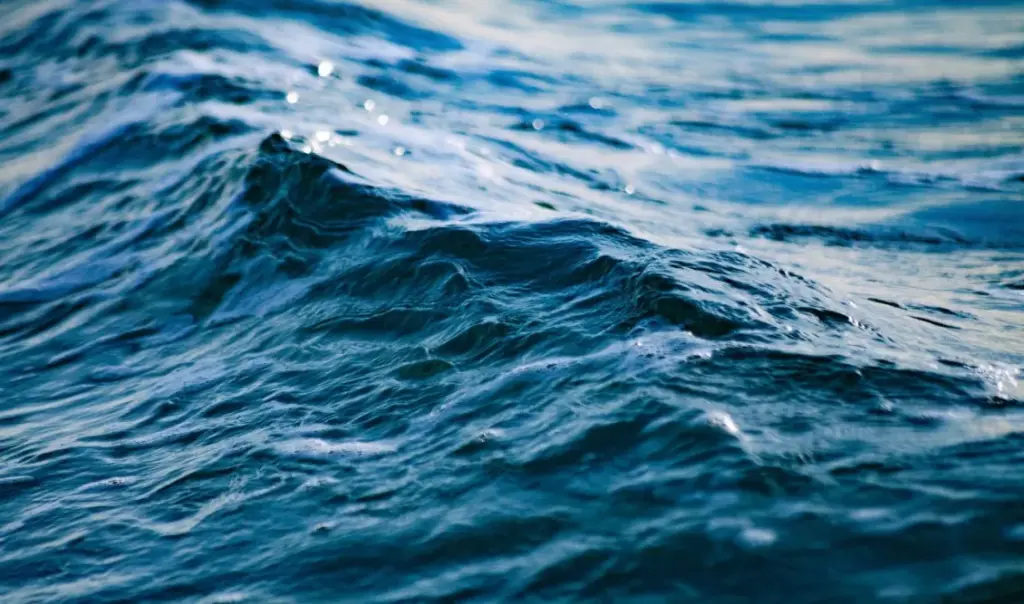The local community in Crete, particularly in Heraklion, remains in shock following the tragedy at Mades beach, where a 7-year-old boy lost his life by drowning. According to information from cretapost, the child’s parents were arrested by port authorities on charges of exposing a minor to danger, with the case file already sent to the competent prosecutor.
Read: Tragedy in Crete: 7-year-old had eaten 10 minutes before diving into the sea and drowning
Timeline of the Crete tragedy
The 7-year-old French boy was in Crete with his parents for a short vacation. Yesterday, the family went to Mades beach for their afternoon swim. According to the cretapost.gr report, at some point while the 7-year-old was swimming, he lost consciousness. A lifeguard spotted him and pulled him from the sea. After performing CPR, the lifeguard revived him, and an ambulance rushed to the scene to transport the unfortunate boy to the hospital.
Unfortunately, the 7-year-old lost his life, plunging his family into grief. An autopsy has been ordered to determine the exact cause of death.
Crete: 7-year-old had eaten 10 minutes before diving – Guidelines for eating and swimming
According to reports, the 7-year-old had eaten approximately 10 minutes before diving into the sea. Pediatrician Spyros Mazanis, speaking to Action24, reiterated the guidelines parents should follow.
- Wait at least 1.5 to 2 hours after a full meal
- If you’ve eaten a proper meal (pasta, souvlaki, cooked food), don’t enter the sea immediately.
- The body needs time to digest. Otherwise, there’s risk of nausea, cramps, or even fainting.
- For light snacks (fruit or toast), wait at least 30-40 minutes
- If you’ve only eaten fruit, a bar, or a small toast, you can enter after half an hour, always with caution.
- No running and diving immediately after eating
- Even if you enter the beach after a light meal, don’t make sudden dives or engage in intense play in the water.
- Enter the water gradually, especially if it’s very cold
- The sudden shock from temperature difference can cause cramps or fainting.
- A child, even if they’re a good swimmer, should never be alone in the sea. An adult must supervise them continuously.
- Learn to recognize danger signs




